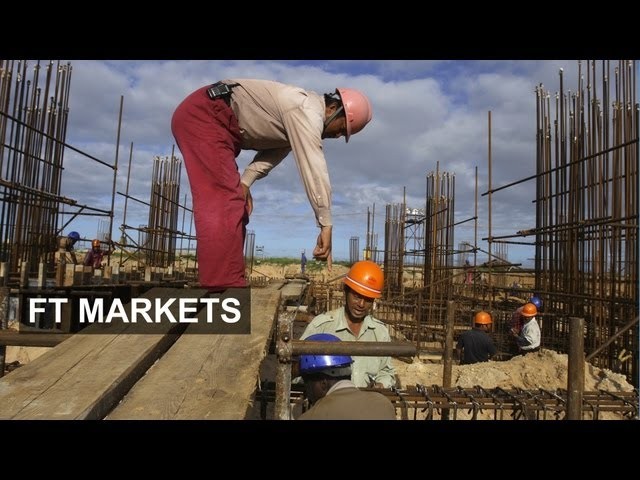China’s Great Rebalancing Act
Post on: 12 Октябрь, 2015 No Comment

The rebalancing of Chinas economy could well be one of the most profound stories of the early 21st century. If the rebalancing efforts fail, the significance will be much greater. After years of false starts, it appears that this epic process may finally be getting underway in earnest. At the very least, China’s leaders are making the right noises.
In China’s context, rebalancing implies the complicated and difficult process of lowering investment levels, increasing household consumption, reducing the role of the state sector, and significantly altering the way credit is allocated. Complicating this mission is an environmental crisis, the weak global economic backdrop, serious inequality within the population, widespread corruption, a tough real estate market, and the growing mountain of debt in China’s sprawling, distorted financial system. Despite these challenges, the rebalancing process must be undertaken soon if China is to achieve sustainable growth in the future, allowing it to continue its re-emergence onto the global stage and deliver on the ever-increasing economic expectations of its people.
Two key factors jump out as one considers how this process must proceed. First and foremost, strong political resolve will be vital for successful rebalancing. Moreover, there will be unexpected negative consequences that will cause various players to adjust their expectations and behavior in reaction to the changes that emerge. Knowing when to counteract these negative shocks and when to let them run their course will be an unenviable and delicate balancing act unto itself.
Recent events have illustrated potential and inevitable difficulties in this ongoing process. A cash crunch in China’s interbank markets caused a mild panic as well as several failed debt auctions (including by the Ministry of Finance and the Agricultural Development Bank of China). Growth rates and other data are worsening, prompting downgrades to growth forecasts and even a sovereign debt downgrade by Fitchearlier this year.
Although growth has moderated from the double-digit highs of the previous decade, even maintaining more comfortable high single-digit GDP figures is proving increasingly tough, despite credit growth spiraling at more than 30 percent per year since the global financial crisis. As the limits of over-investment and overcapacity are reached, a rebalancing is ever more urgent. The alternative is a larger debt crisis and collapse in growth down the line.
In order to rebalance away from inefficient and increasingly wealth destroying investment-driven growth, China’s consumption rates must grow faster than GDP for many years, as has long been argued by Peking University’s Michael Pettis. The difficulty is that China’s economic and financial system is heavily skewed towards supporting production and investment at the expense of consumption and household income.
This distortion is based on the provision of subsidized credit to often-inefficient firms through financial repression, an undervalued currency that helps exporters at the expense of everyone else, the transfer of wealth from households to companies through inadequately compensated land seizures (the source of much unrest at the local level), and wage growth significantly lagging productivity levels.














